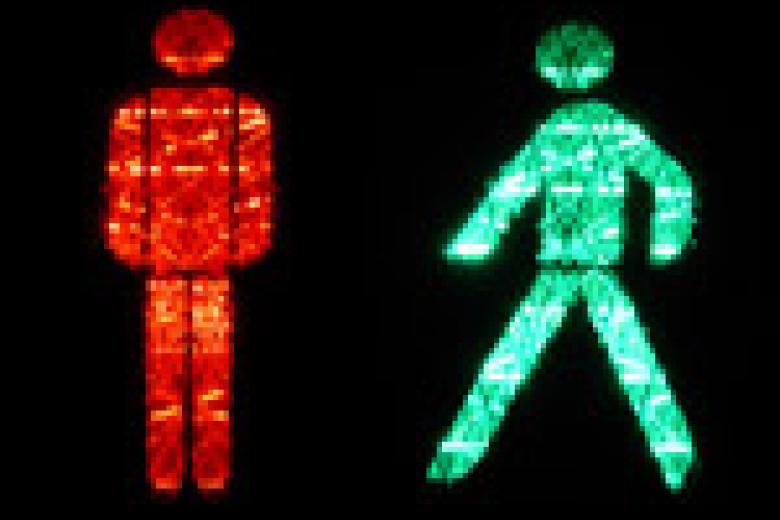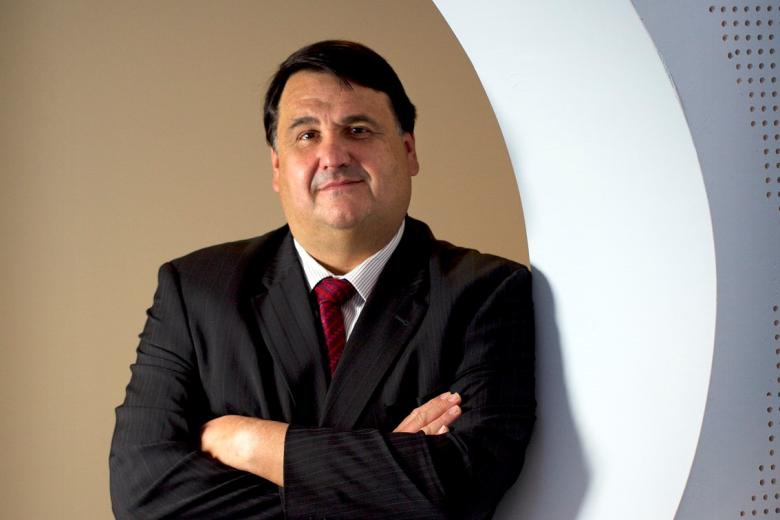The search for a vaccine: scientific and ethical considerations
It feels sometimes as if the whole world of science is working exclusively on finding a cure for COVID-19. If you are looking at the search for an effective vaccine, it was recently published in The New York Times that more than 130 vaccine candidates are currently in the pipeline, which is still growing.
A lengthy process
Before we get our hopes up, though, we should remember that the development of new medical therapies, and particularly testing them for safety and effectiveness, traditionally takes years. After preclinical tests, there are typically three phases:
- Phase 1: the safety and the dosage are tested, typically in a small group of healthy volunteers
- Phase 2: the substance is tested in hundreds of people, including different populations such as children, to determine its safety, unwanted side effects and effectiveness (i.e. if the potential vaccine produces an immune response)
- Phase 3: typically carried out among thousands of patients and at multiple centres across the world, it is assessed whether a vaccine is actually effective in protecting against COVID-19 by comparing patients suffering from an infection with the new coronavirus who are treated with patients in a control group who are receiving a placebo
Of course, the data will have to be analysed and statistically verified after each phase, and trials have to go through a careful approval process. Not only medical ethics committees but also official authorities need to approve these trials. Only then can a new treatment be made available to the general population.
If you also take into account that some trials can be stopped at any time, for example, if it becomes clear that a vaccine is not effective or if there are severe side effects, you can see why the approval of a vaccine (or any other medical therapy) can take many years. The average time to bring a drug to market is actually more than 10 years.
Time-saving measures
Given the severity of COVID-19 and the absence of a causal therapy at this time, efforts are underway to save time in the development process in a number of ways. One of these is to combine test phases (e.g. phases 1 and 2) and address the issues of safety and efficacy in one protocol. The goal of these efforts is to have a vaccine as early as next year—a more than ambitious plan.
To focus on the most promising candidates, the US government has even selected five candidates that seem most advanced in the process of vaccine development to go into a fast-track protocol (called warp speed trials), investing large sums of money to bring these to the market. Some of the developers of these five vaccine candidates project that by the end of this year they could already have millions of doses available for experimental use (i.e. before all the necessary drug trials are finished). But again, these are pure predictions.
Caution
We also have to beware of hyped news in this context. A recent report that one of these fast-track candidates (produced by a company called Moderna) was effective in producing an immune response and was safe to use was based on a study with just eight healthy volunteers. It is clear that we need more data.
Another obstacle could be that, for the testing of treatments in patients, we have to deal with (fortunately) declining patient numbers in many countries such as the Netherlands which could result in not having enough suitable patients available to include in these trials. Remember, in phase three we need thousands of them in order to produce valid results. It is for this reason that some of these trials are being carried out in countries where we’re still seeing a rise in the number of infections, such as Brazil.
Ethical vaccine distribution
At this time, we can only observe and wait for real breakthroughs. And while we wait, we need to start addressing another issue now. We need to discuss the ethics of vaccine distribution as early as possible. Whenever a first vaccine becomes available, it will be virtually impossible that there will be enough samples to immediately vaccinate the whole world. It would be a horrible scenario if some countries would buy up the entire production for their own citizens. Also, the suggestion that there should be a vaccination lottery is a bad idea, and the prediction that only those that can afford it will get a vaccine is alarming.
Therefore, an international consensus should be formed that prioritises access to vaccines based on those who need them first, for example high-risk groups or medical personnel. Normally, one would assign such a role to the WHO, but it also should be discussed at the highest political levels and an ethical and fair solution should be mapped out as early as possible. COVID-19 has affected all of us in terms of health, wealth, and personal and societal wellness. I am sure that we do not want the following chapter to seem like a movie called ‘Vaccine Wars’.
-
Looking for a safe place to travel during the pandemic
After an exhausting few months in the ‘COVID-19 era’—as we can call it now—after months of hard work and the stress of dealing with a pandemic, everybody is looking to take a break during the summer. But unlike in recent years when we could plan our summer vacation months in advance, this year it...

-
Coming back to the workplace in pandemic times
In the current phase of the COVID-19 pandemic, countries across Europe are fortunately seeing a decrease in detected infections, hospital admissions and deaths. This is the effect of lockdown policies with different elements but with the common denominator of social distancing, travel restrictions...

-
How simple measures can have massive effects
With every month, every week that passes, we’re seeing the publication of more and more medical data and studies on COVID-19. A friend of mine who is the editor of a very reputable international medical journal told me recently that they get more than 100 submissions per day that involve research on...

